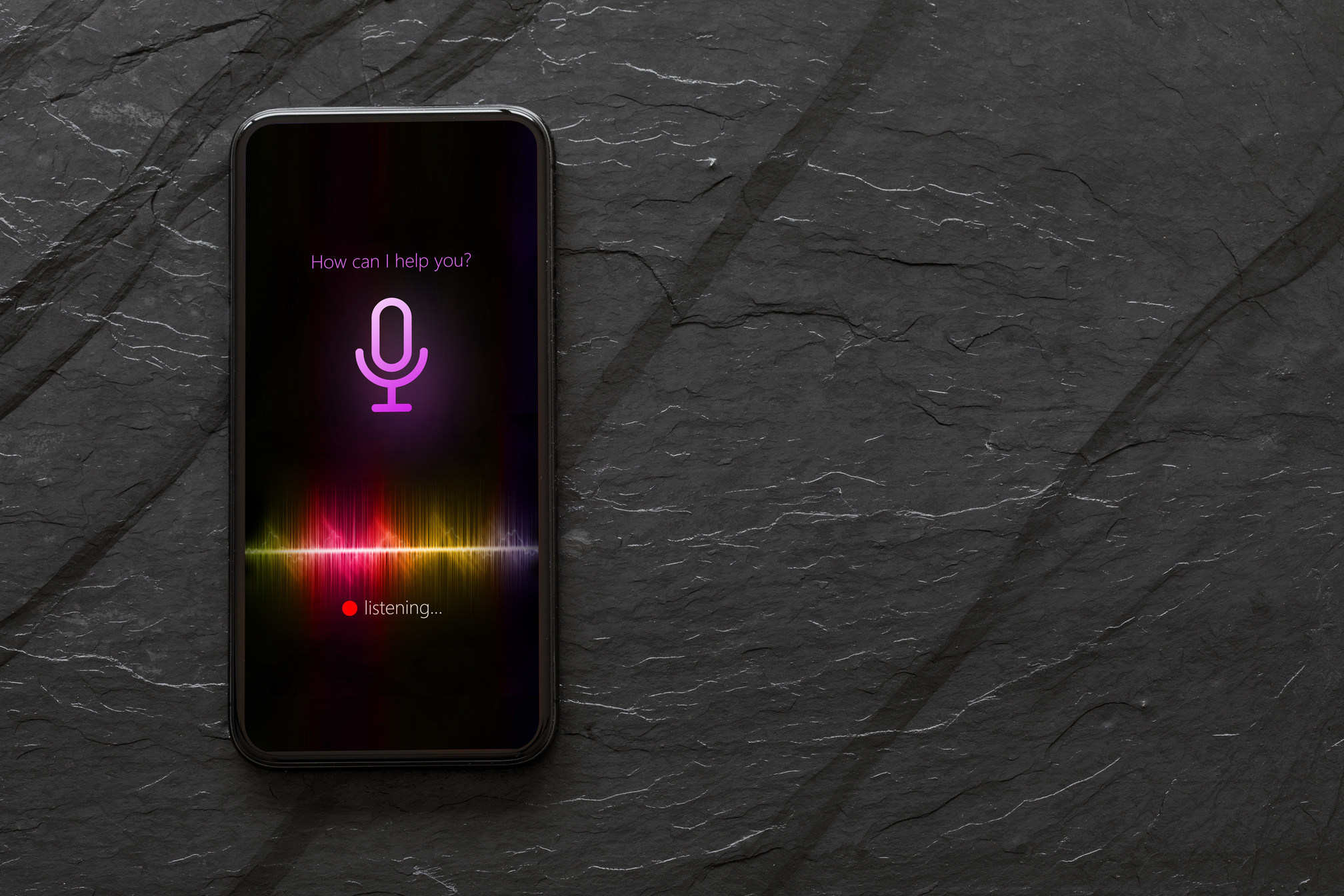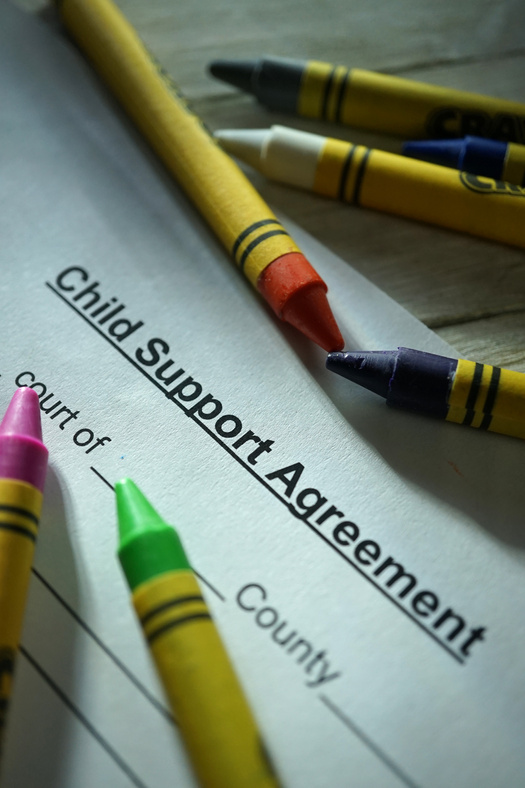Next time just use Lightning Law.
"the need to question Mr. Nicholson regarding many documents during the deposition also counsels in favor of an in-person deposition, as sorting through voluminous documents remotely is “time consuming and difficult.”"
Two party witneses requested remote depositions and the Court denied the motions, ordering in person depositions, despite Covid concerns.
Storycloud, Digital Deposition Transcript Provider closes after using electronic recording equipment to record depositions and AI to produce the transcript in violation of Texas Statute requiring certified shorthand reporters to transcribe depositions.
There are real concerns about computers guarding the record in lieu of certified stenographers. Justice is too important to be left to computers.


The Court used Microsoft Teams to adjudicate custody. The minor's mother claimed that she was denied due process under the fourteenth amendment when the trial court failed to ensure that she was present by two-way video technology at the virtual trial. The Court held that she waived any objections because she did not raise the issue during the trial and there was no record indicating whether the mother just failed to turn on her video or whether she was unable to use it.
Mother attempted to appeal Microsoft Teams custody trial when she claimed she did not have two way video capabilities during trial, appeal denied.
Southwest alleged Kiwi purchased tickets from Southwest’s website and resold those flights to over 170,000 customers after accessing its computer systems in Texas. Kiwi fought specific jurisdiction and asked to litigate in the Czech Republic, where it is based. The Court found specific jurisdiction and rejected Kiwi's burdensomeness arguments "given the availability and use of technology for remote court proceedings during the Covid-19 pandemic."
Court takes into account the availability of remote court technology when considering jurisdictional motions.
Pro Se Plaintiff brought suit then claimed she was too ill to participate in discovery proceedings and that she was quarantined. She claimed that she did not have acccess to a computer so she could not participate in remote court proceedings. The Court found that since she was filing court documents electronically her claims of lack of computer access were not credible and dismissed her lawsuit.
Court considers whether a party is able to file a document electronically as evidence of access to a computer and internet.
Petitioner sought payment of attorneys fees and costs after prevailing in remote video trial. The Court reduced the amount of attorneys' hourly billing rate because the attorneys overstated the value of their services. In reaching this conclusion the Court provided two examples.
Redundant exhibit numbers were submitted along with the wrong description of exhibits on the exhibit list, resulting in confusion and additional work for court staff. The trial, which was conducted by video, was constantly interrupted due to connectivity issues with the Sendeks’ equipment, despite Petitioner spending $2,850 for remote court proceeding assistance.
Attorneys' inability to provide reliable remote video capability in trial used in part as justification for lowering hourly billing rate sought.


Defendant appealed Judge's COVID Order requiring all depositions to be held via remote video deposition and prohibiting counsel from being present in the same room as any witness or client. The ruling, Defendant argued, interfered with the right to assistance of counsel.
The Court of Appeals agreed. Some deponents need help with their technology and glitches could prevent counsel from being able to advise a client not to respond to a question. An attorney may choose to participate apart from her client, but constitutional due process rights are implicated when the access to in person counsel is taken away.
It was error for a Judge to prevent attorneys from being in the same room as their client during remote video depositions.
More recent cases...
Did rule of criminal procedure requiring Defendant's presence at every stage forbid a video hearing on a suppression motion? Defendant was charged with narcotics and firearms offenses but alleged that his due process rights were violated by a video hearing, he had asked for an in person hearing.
The District Court held that the 6th Amendment right to confrontation and the right to effective assistance of counsel were not violated since it had conducted a great number of video hearings, including suppression hearings, and had found that counsel and Defendants were able to see, hear, assess, and examine witnesses in an effective manner, these rights were not violated. Defendant could use private chats or breakout rooms to communicate.
The distinction was also drawn between a trial and a suppression hearing, which is not implicated by Fed. R. Crim. P. 43. Rule 43 does not require a defendant to be present at a suppression hearing.
The Constitution does not mandate that a suppression hearing be conducted in-person and conducting a hearing by remote video conference does not infringe on the defendant's rights.
At issue was whether the use of Zoom for an evidentiary hearing during the pandemic violated certain of the defendant's constitutional rights in a criminal case. Defendant Vazquez (charged with drug trafficking) waived his right to a speedy trial and sought to continue his suppression hearing until it could be held in person but the Judge ordered that it be held virtually via Zoom. The Court of Appeals held that this was an abuse of discretion.
The defendant argued that he had a right to be present at a hearing on a motion to suppress and that the word "presence" meant physical presence and that a Zoom hearing would violate his due process rights. The Court disagreed, "present" can be achieved via video conferencing platforms. The Court held that a motion to suppress hearing may be conducted by video conference without violating the defendant's right to be present, so long as the video conferencing technology provides adequate safeguards but here since there were plenty of other cases that could be heard virtually to relieve the backlog the public interest did not outweigh the Defendant's right to choose to wait in jail for an in person suppression hearing.
Trial court abused its discretion in denying a continuance to allow for an in person hearing where effect of delay was minimal. *Note that Amicus briefs were filed in this case. Read one amici here.
Older Cases...
This is an oft cited case, decided back in 2003, holding that a remote video suppression hearing did not violate a Defendant's 6th Amendment Confrontation or due process rights. (Note that only the Judge was remote).
Due to a severe shortage of judges in the Western District of Tennessee the Court had to call in a visiting remote judge. Prior to the hearing, Judge Cleland notified the parties that he would be presiding over the case from Michigan, participating in the proceedings via live two-way video, with a two-way audio feed so he could hear the parties and also talk to them.
Rule 43 requires that the Defendant be present at all stages of trial beginning with the impaneling of the jury and the only two pre-trial events where it applies are the arraignment and the plea. Since a supression hearing is not a stage of the trial, Rule 43 did not apply.
Rule 26 provides that trials with witnesses shall be taken orally in open court, but again this applies to trials and not hearings.
The Constitutional argument that Defendant made was that the Judge was not "present" during the hearing. The right to confront witnesses was not implicated because the Defendant was in the courtroom, physically facing the witnesses and only the judge was virtually present. Relying upon Yates v. US, 418 F.2d 1228 (6h Cir. 1969) the court went so far as to state that:
"It is questionable whether Burke's right to a fair and just hearing would have been thwarted even had he been entirely excluded from his suppression hearing."
Given that Burke was physically present at the hearing, his constitutional rights were not violated. The district court committed no error.


Lightning Law Technologies, Inc.
100 Easy Street #1127, Carefree, AZ 85377




